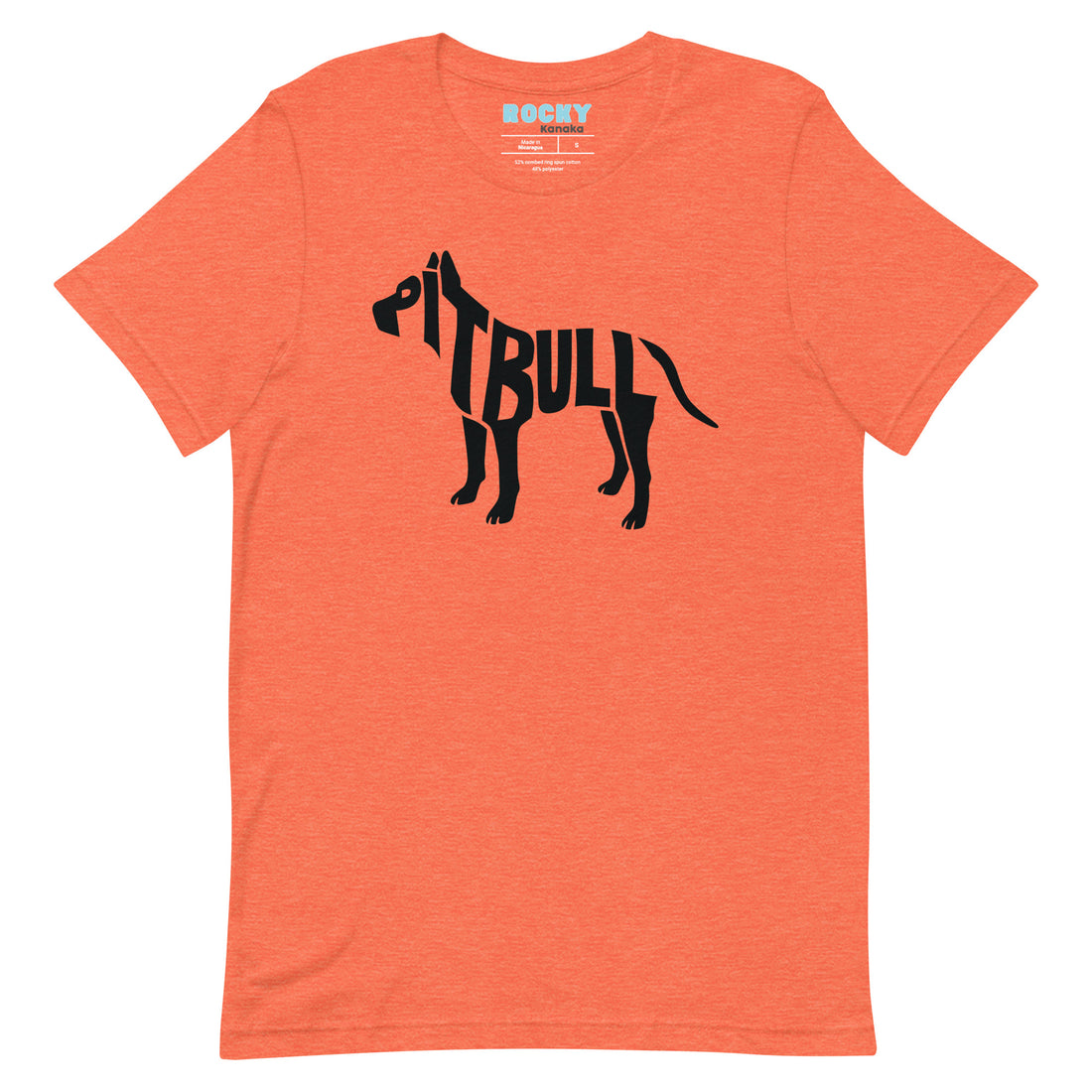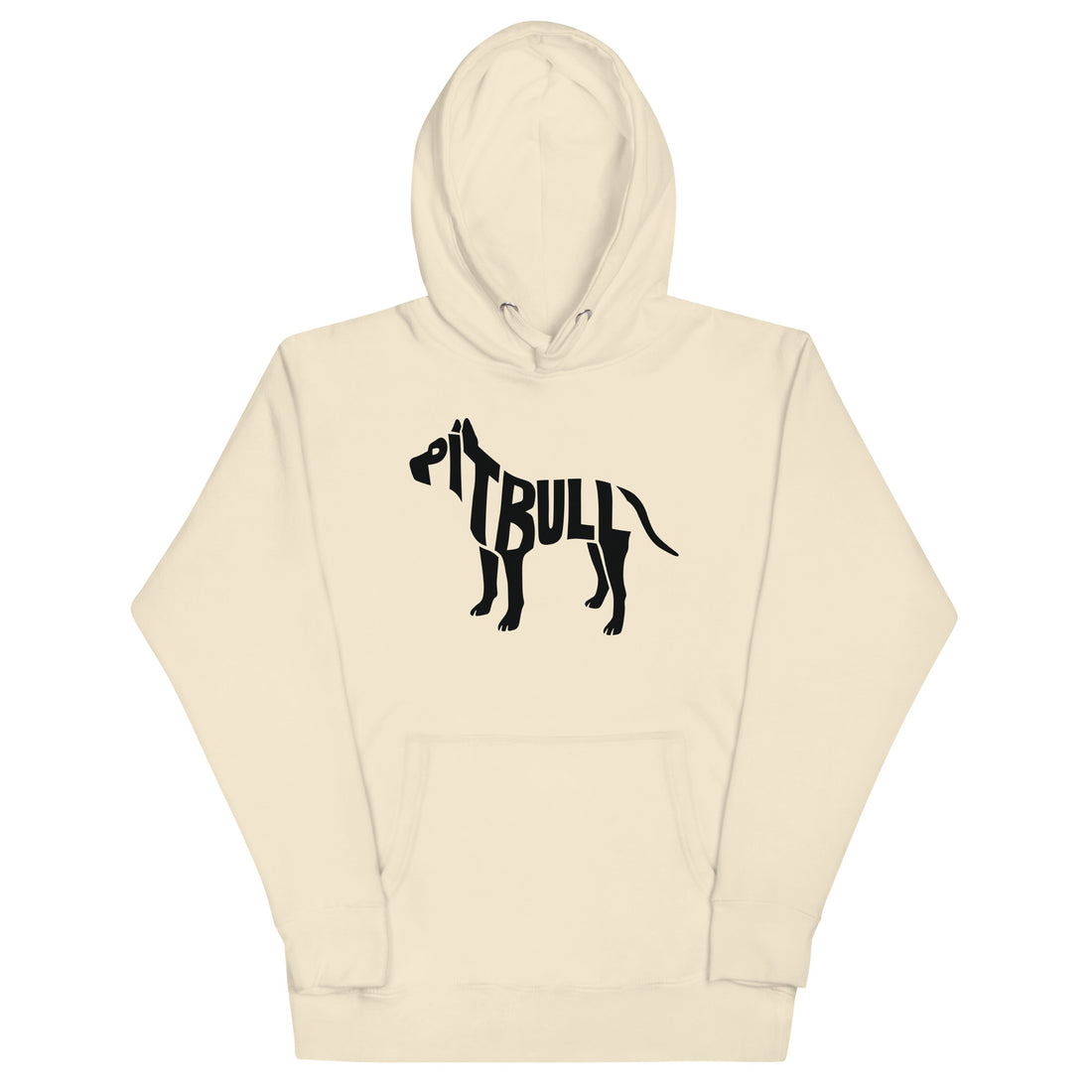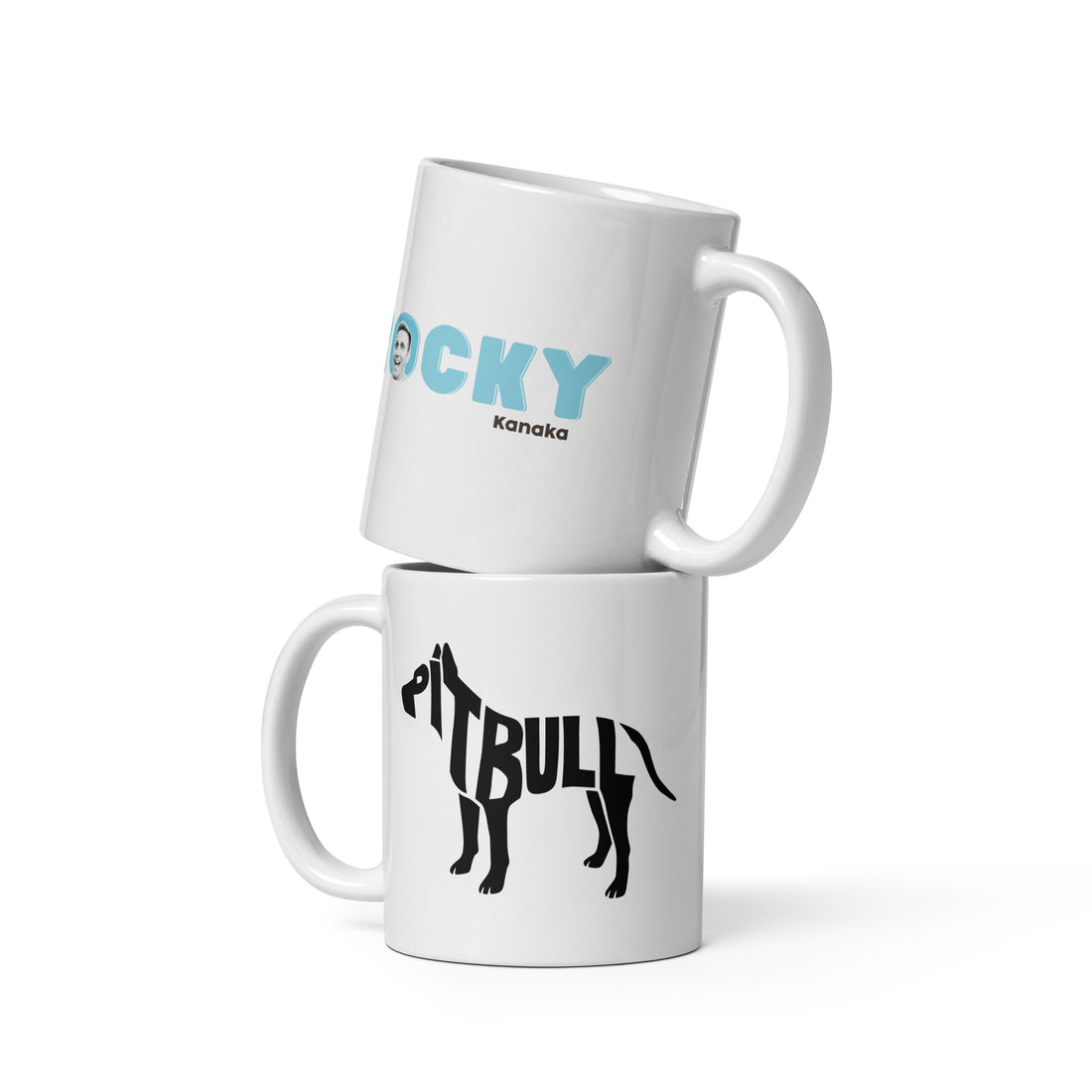These Dogs Lost Their Homes Because of a Label—Why Breed-Specific Laws Are Being Challenged
Pitbulls continue to be at the center of a global controversy, as more than 30 countries have enacted breed-specific legislation (BSL) that restricts or outright bans the ownership, importation, and breeding of Pitbulls and other Bully breeds. While often viewed as a foreign issue, these measures have sparked heated debate here in the U.S. as well, where similar laws exist in multiple cities and states—fueling tensions between lawmakers, animal advocates, and dog owners.
Quick Guide to Breed-Specific Legislation in the U.S. & Abroad
Many U.S. cities and counties have passed anti-Pitbull laws, including Miami-Dade County, Florida. Following a 1989 incident in which a child was severely injured by a Pitbull, Miami has upheld a discriminatory Pitbull ban that not only restricted housing options for Pitbull owners but forced animal rescues to make unnecessary life-or-death decisions.
“This was an unnecessary ban that cost a lot of pitbulls their lives. Shelters basically had no choice but to euthanize them. Unfortunately, by discriminating against breeds, whether it be a Pitbull or a Rottweiler or a German Shepherd, many homeowners associations, many renters policies that discriminate against breeds, literally end up being a death sentence for that dog because homeowners have no choice, but to give them up.”
Lauree Simmons—founder of Big Dog Ranch Rescue—in an interview with Florida’s WPBF News
Independent rescues and shelters outside of Miami have attempted to help manage the overpopulation of stray, abandoned, and surrendered Pitbulls in Miami-Dade County. Unfortunately, with thousands in need of homes and surrender rates up 40–60% in the county following the ban, many Pitbulls have unnecessarily lost their lives.
Now, nearly a quarter of a century later, Miami’s Pitbull ban will thankfully and finally be repealed. Two key pieces of legislation [1] [2] recently passed that will revoke the authority of municipal governments and housing authorities to enact breed-specific restrictions. A huge win for Pitbulls in Miami, but it raises the question: where else is breed-specific legislation affecting the happiness and security of Pitbulls and their humans?
Keep reading, we’re about to cover some of the details of Pitbull bans and their policies, what breeds are considered “Pitbulls” and may be impacted by these bans, and explore a few countries with strict breed-specific legislation.
What Breeds are Considered “Pitbulls”
As we know, the term “Pitbull” is generally used as an umbrella term to refer to “Pitbull-type” dogs and Bully breeds. Some of these breeds may be banned altogether, while others may be restricted or denied access to housing or public places. Some of the breeds typically included in Pitbull specific bans include:
American Bulldog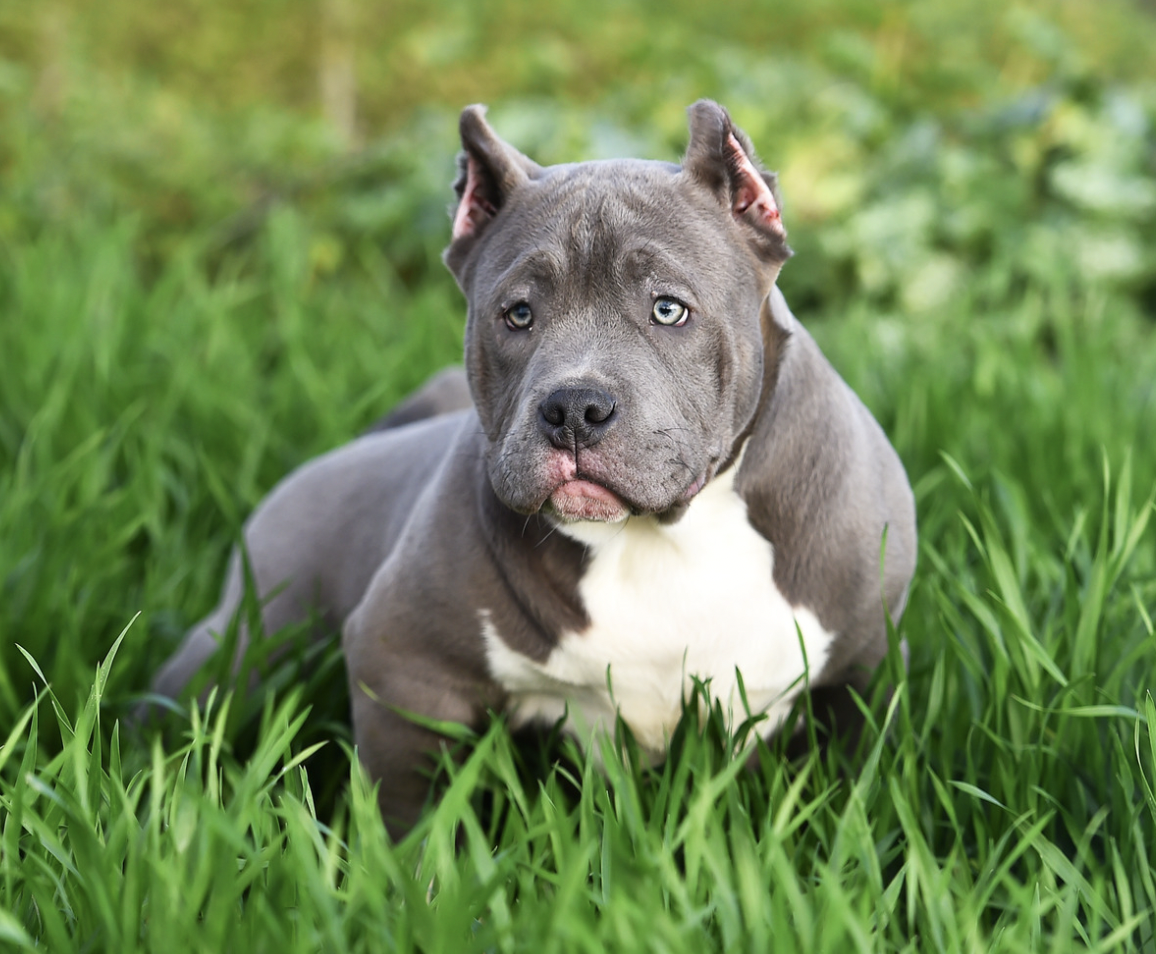 | Dogue de Bordeaux |
American Pitbull Terrier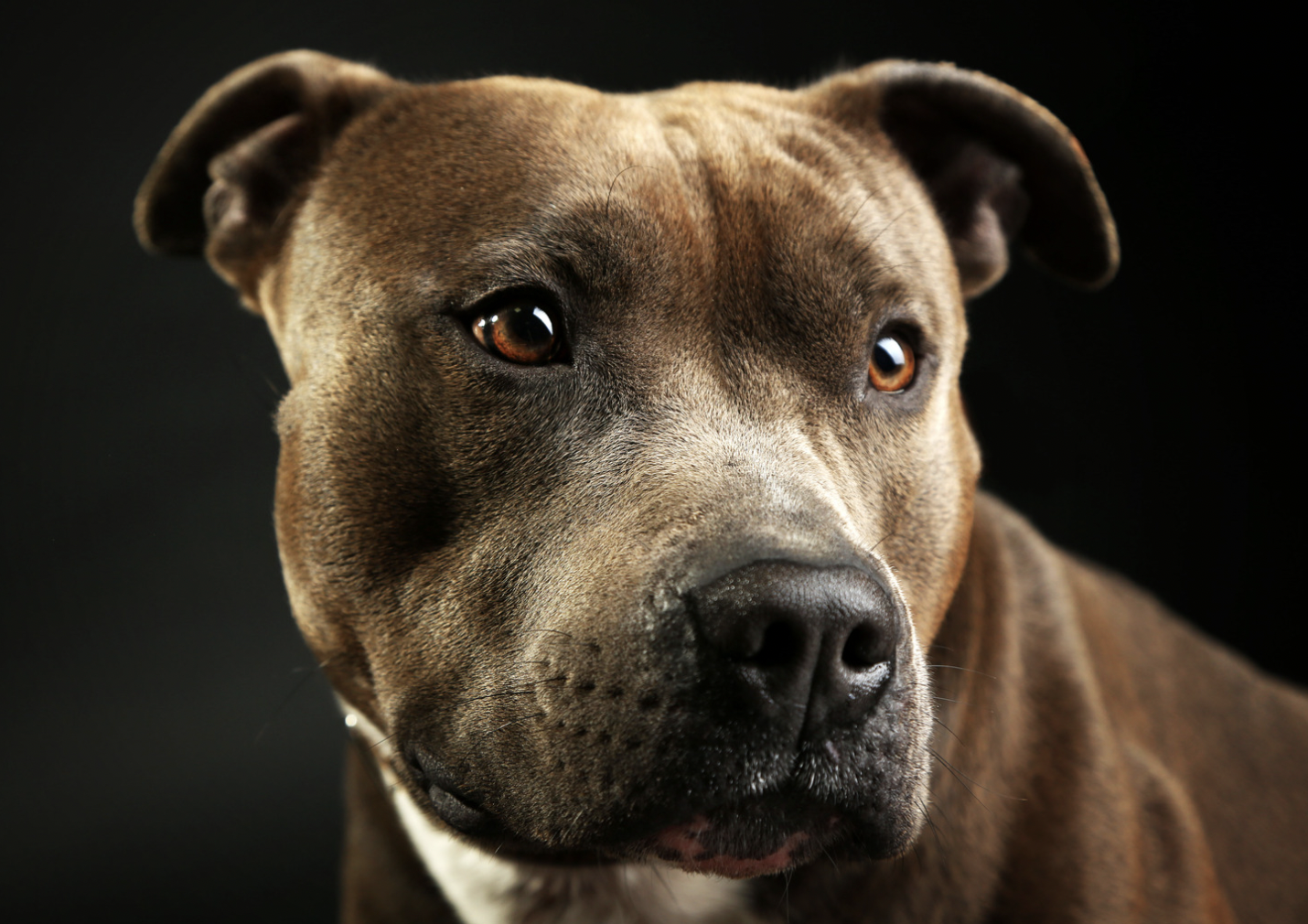 | English Bull Terrier |
American Staffordshire Terrier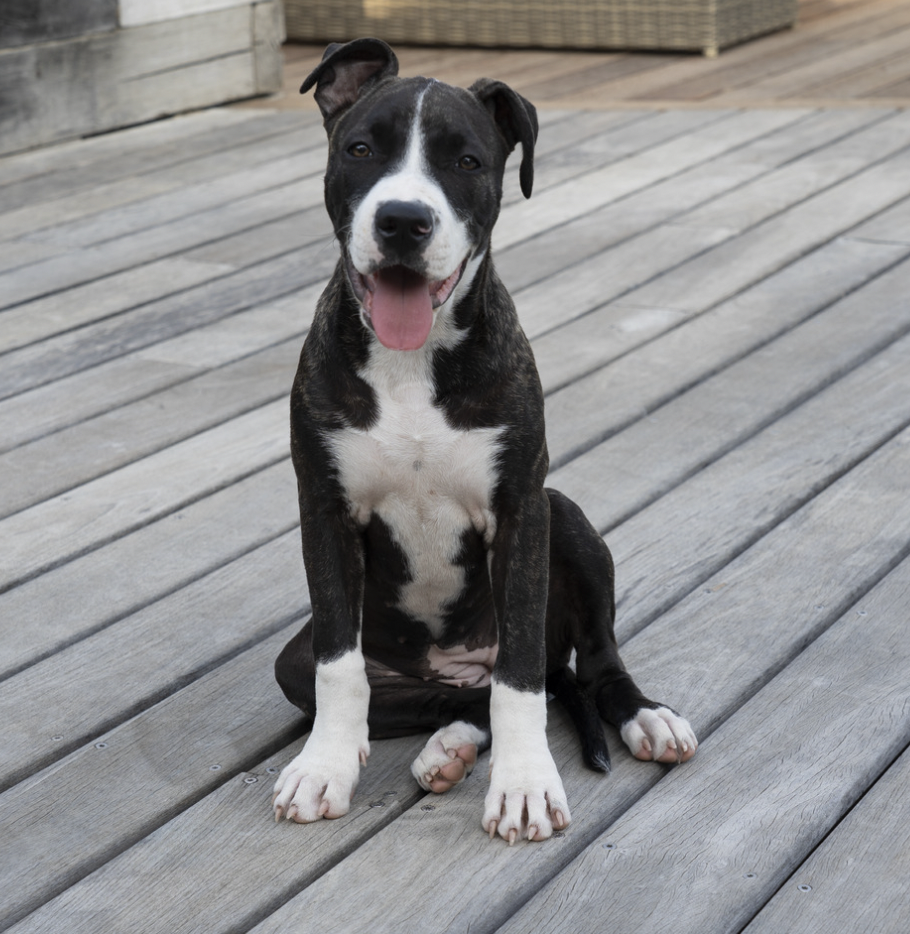 | Majorca Mastiff |
Brazilian Mastiff | Neopolitan Mastiff |
Bullmastiff | Rottweiler |
Bull Terrier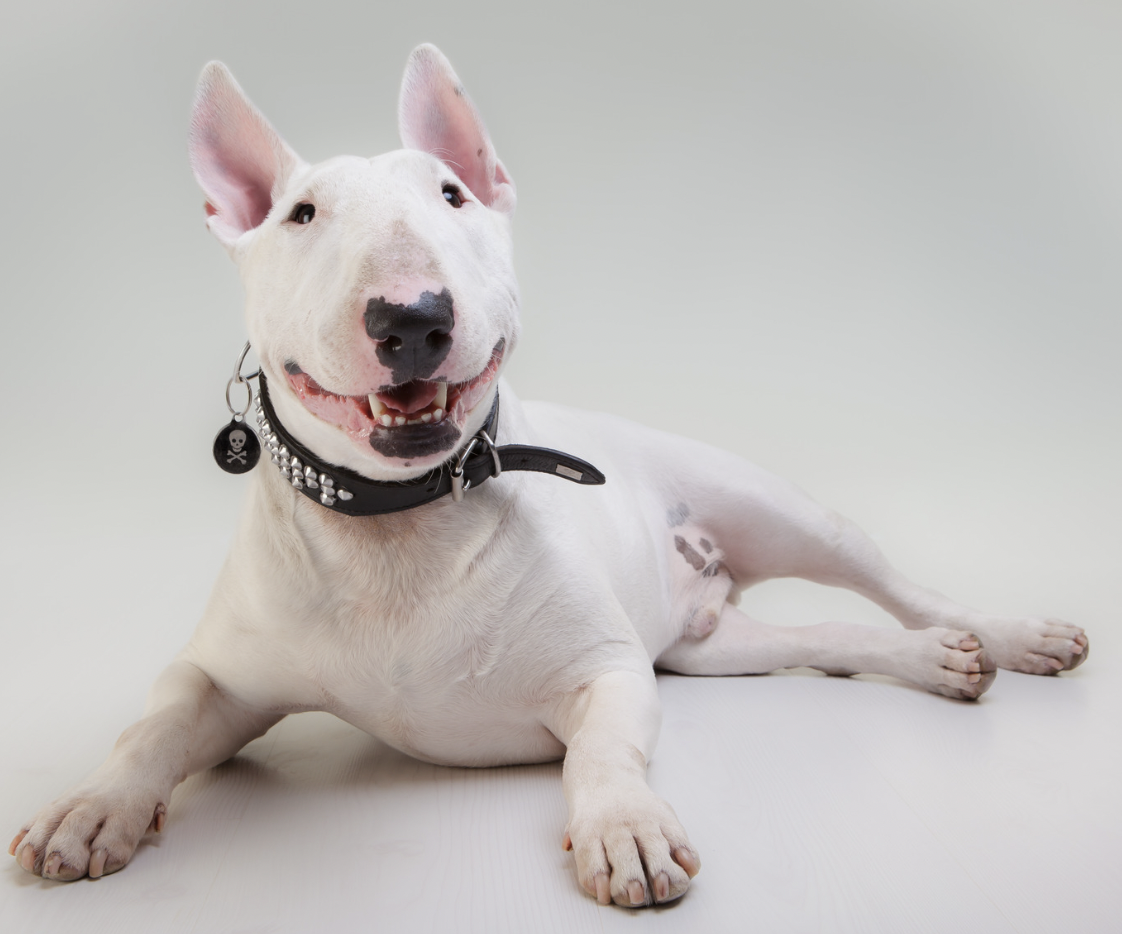 | Staffordshire Bull Terrier |
Cane Corso | Tibetan Mastiff |
Dogo Aregentino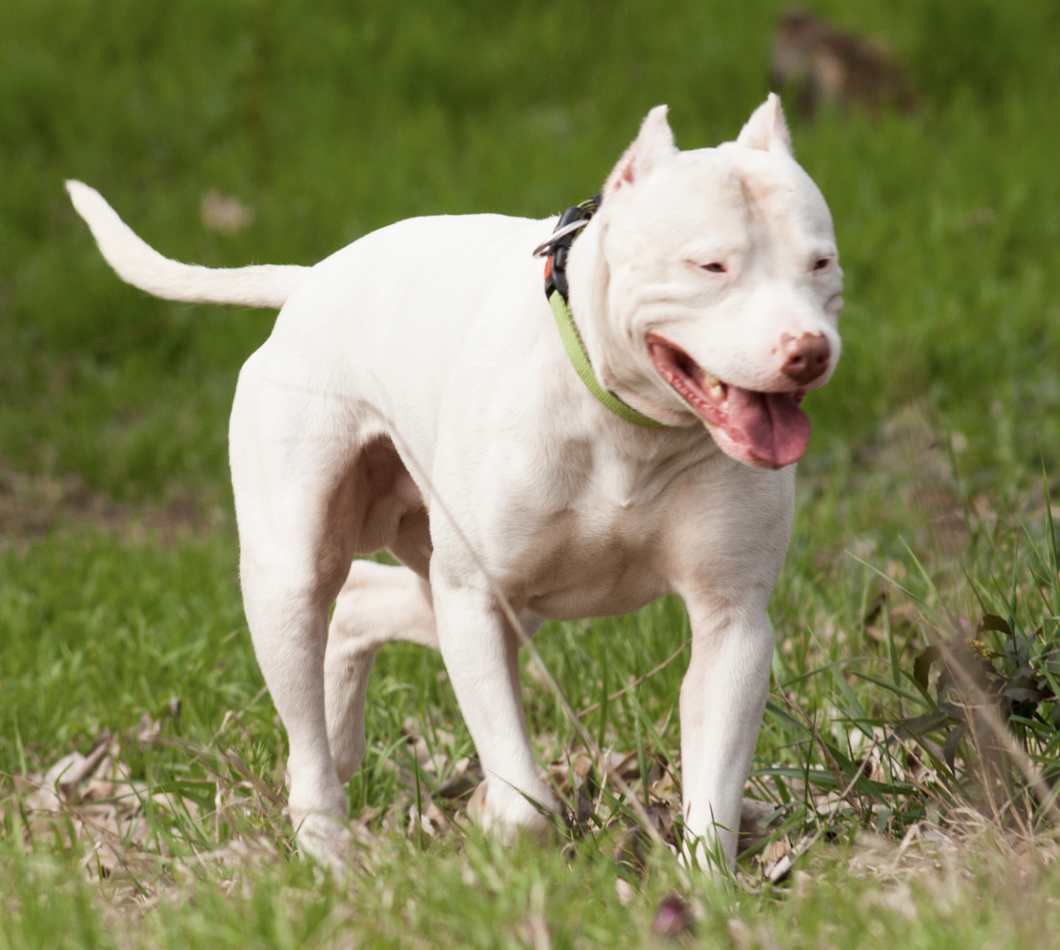 | Tosa Inu |
Dogo Canario |
Dog breed bans are not exclusive to Pitbulls. Many countries publish lists of banned “dangerous breeds” which also include breeds like the Kangal, Caucasian Shepherd Dog, Yugoslavian Shepherd Dog, Akita Inu, Doberman Pinscher, German Shepherd Dog, and Wolfdogs.
Examples of Pitbull Restrictions
In many cases, these restrictive policies are region-dependent and arbitrarily enforced. Not based on scientific evidence, but rather established due to breed bias and disproportionate reporting, these bans are passed under the guise of “public safety” but do nothing more than make life difficult for dogs and their owners.
Few countries have managed to ban Pitbulls outright, but many do place restrictions on their ownership, you can expect to encounter the following rules.
| To own a restricted breed, you may need to obtain a license, which also requires you to be of legal age. |
| Restricted breed owners may need to submit to criminal background checks and prove that they are both physically and mentally capable of owning a “dangerous” breed. This may include obtaining a letter from a psychiatrist and your local judicial system. |
| Must purchase liability insurance for your banned breed—varies depending on location. |
| Restricted breeds may need to be muzzled at all times when out of the house. |
| May be required to walk restricted breeds on a short leash. |
| Banned breeds may be required to be spayed/neutered. |
| Banned breeds may be required to carry a microchip. |
Countries with Pitbull Bans & Restrictions
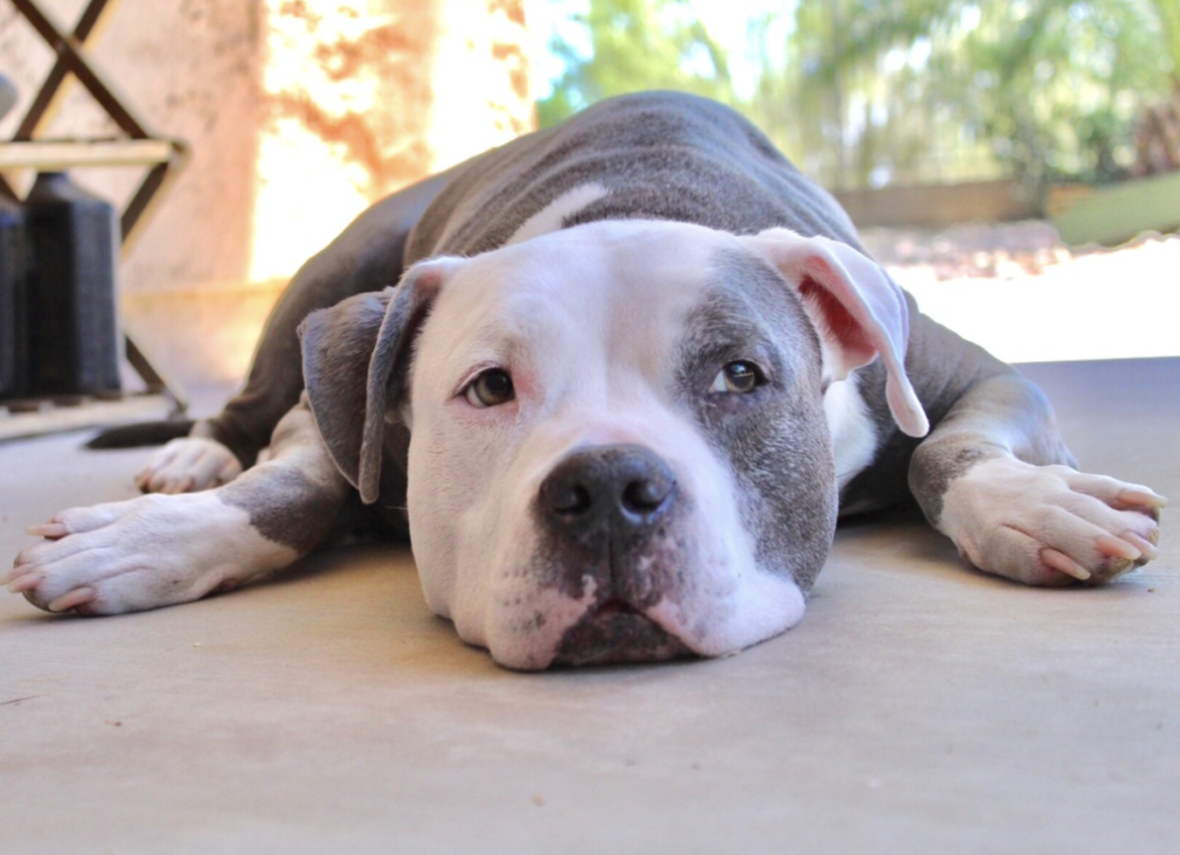
More than 30 countries worldwide have enacted breed-specific bans mentioning or pertaining specifically to Pitbulls. If you own a Pitbull, it may be possible to travel through some of these places with your pup, but you shouldn’t expect to stay long. If you own a Pitbull and live in one of these places, you’ll know that some people choose to entirely ignore breed-specific legislation, while others are true believers in the “cause” of keeping people “safe” from Pitbulls.
Let’s take a quick glance at 12 countries and their Pitbull-specific legislation.
1. Belarus
Belarus has had breed-specific legislation since 2012, restricting more than 40 breeds. Dogs on the list must be kept in a securely fenced area, cannot be walked without a hard leash, collar, and muzzle, and may not be walked by people under the age of 18. Owners of so-called dangerous breeds may also be required to attend training certification courses.
2. Denmark
Denmark strictly prohibits Pitbull type dogs, and has had breed-specific legislation since 1991. Breeding, importation, sale, purchase, and keeping of these dogs are prohibited, but the Danish government allows special dispensation for certain dog owners willing to follow strict rules in public.
3. Germany
If you live in Germany, a law passed in 2001 will prohibit you from buying, selling, breeding, or importing a Pitbull. If you can find a Pitbull available for adoption, that is allowed, but only after being granted permission and passing a series of competency tests.
4. Great Britain
The 1997 Act on Dangerous Dogs bans the breeding, sale, purchase, and exchange of Pitbulls, and requires qualifying breeds to be licensed with insurance, and leashed and muzzled in public.
5. New Zealand
Like many other countries, New Zealand introduced legislation in 2003 requiring Pitbull-type and “dangerous” dog breeds to be on a short leash and muzzled. Importing these breeds is prohibited and punishable by a fine.
6. Poland
Poland has some of the oldest Pitbull-specific legislation, where these breeds have been restricted since 1997. Polish residents may still own Pitbulls as long as they follow strict rules, but import, sale, and breeding is prohibited.
7. Romania
Possession of Pitbull-type dogs and other “dangerous breeds” requires licensure, a psychiatric certificate of approval, and a background check.
8. Russia
A 2011 Russian law requires Pitbulls and other “dangerous breeds” to be placed on a federal registry, and restricted who could own Pitbulls. People with disabilities are prohibited from owning, walking, or housing “dangerous breeds.”
9. Singapore
Residents of Singapore are required to keep Pitbulls and other “dangerous breeds” on a short leash and muzzled in public. Additional ownership requirements include sterilization, microchipping, and obtaining insurance, which can be quite expensive.
10. Spain
To own a Pitbull in Spain, you must be of legal age, obtain a special license, prove that you don’t have a criminal background, submit to mental and physical health examinations, and purchase dangerous dog liability insurance. These regulations have been in place since 2022.
11. Ukraine
Ukraine has one of the longest lists of “dangerous breeds” with more than 80 breeds included. Some surprising additions include the Bouvier, the Dalmatian, and the St. Bernard. All breeds on the list are subject to mandatory microchipping and public muzzling, and their owners must obtain liability insurance and keep their dogs on short leashes.
12. United States
That’s right! The U.S. doesn’t have Pitbull laws on a federal level, but local municipalities have established rules limiting and regulating Pitbulls. In the U.S., many apartment complexes and housing options refuse to house Pitbulls and their owners, a practice that is not only common but entirely permissible. Just some U.S. cities with breed-specific legislation pertaining to Pitbulls include:
- Arkansas has more than a dozen cities with explicit Pitbull bans.
- Iowa’s municipalities have widespread Pitbull bans.
- Kansas has a little more than a dozen municipal laws regulating or banning the ownership of Pitbulls.
- San Francisco, California requires Pitbulls to be spayed and neutered. Breeders must obtain a special license.
Pitbull Ban FAQs

Wondering how breed-specific legislation could impact you if you own a Pitbull? Here are the answers to your most asked questions.
Can I travel internationally with my Pitbull?
Traveling with a dog is difficult no matter its breed, but if you’re traveling with a Pittie you need to be a little extra careful. Most countries with Pitbull bans will still allow you to pass through with a Pitbull as long as you follow their rules. Some regulations may include keeping your Pitbull crated/kenneled at all times or remaining only in designated travel zones.
What should I do if my municipality passes a Pitbull ban?
Visit with your local government leadership, attend city council meetings, and talk to other dog owners in the area. Most breed-specific legislation is loosely enforced, especially in the U.S. where only small local governments pass these laws. If you learn that your local government has passed a Pitbull ban, your first move should be to reach out to the people making decisions and make your opinion known.
What is breed-specific legislation (BSL)?
Breed-specific legislation (BSL) is a “blanket term for laws that regulate or ban certain dog breeds in an effort to decrease dog attacks on humans and other animals,” according to the American Society for the Prevention of Cruelty to Animals (ASPCA). The laws are also called pit bull bans and breed-discriminatory laws.
What are the breeds that are banned or restricted?
The legislation frequently covers any dog deemed a “pit bull,” which can include American Pit Bull Terriers, American Staffordshire Terriers, Staffordshire Bull Terriers, English Bull Terriers, and pit bull mixes, though any dog that resembles a pit bull or pit bull mix can be included in the bans. Other dogs are also sometimes regulated, including American Bulldogs, Rottweilers, Mastiffs, Dalmatians, Chow Chows, German Shepherds, and Doberman Pinschers, as well as mixes of these breeds or dogs that simply resemble the restricted breeds.
Why are pit bulls targeted?
Pit bulls are targeted because of their history in dog fighting. Dog fighting dates to at least 43 CE when the Romans invaded Britain, and both sides brought fighting dogs to the war. The Romans believed the British to have better-trained fighting dogs and began importing (and later exporting) the dogs for war and entertainment wherein the dogs were made to fight against wild animals, including elephants. From the 12th century until the 19th century, dogs were used for baiting chained bears and bulls. In 1835, England outlawed baiting which then increased the popularity of dog-on-dog fights. Fighting dogs arrived in the United States in 1817 whereupon Americans crossbred several breeds to create the American Pit Bull. The United Kennel Club endorsed the fights and provided referees. Dog fighting was legal in most US states until the 1860s and it was not completely outlawed in all states until 1976.
How many cities have breed-specific legislation?
More than 700 cities in 29 states have breed-specific legislation while 20 states do not allow breed-specific legislation as of Apr. 1, 2020
Is there evidence that BSL makes communities safer?
There is no evidence BSL makes communities safer.
What are some workarounds for Pit Bull bans?
Many cities that enact Pit Bull bans offer workarounds such as registering your dog, having your dog’s temperament tested, placing a muzzle on the dog or getting a waiver.
Can I own a Pit Bull if my city has BSL?
It depends on where you live as some cities have strict regulations or bans against Pit Bulls while others offer workarounds such as registering your dog or getting a waiver
Related Articles:
- Nanny Dogs: 4 Adorable Reasons Why You’re Wrong About Pit Bulls
- The Truth About Pit Bulls: Setting the Record Straight
- Woman Shamed for Adopting a Pit Bull… community reacts

